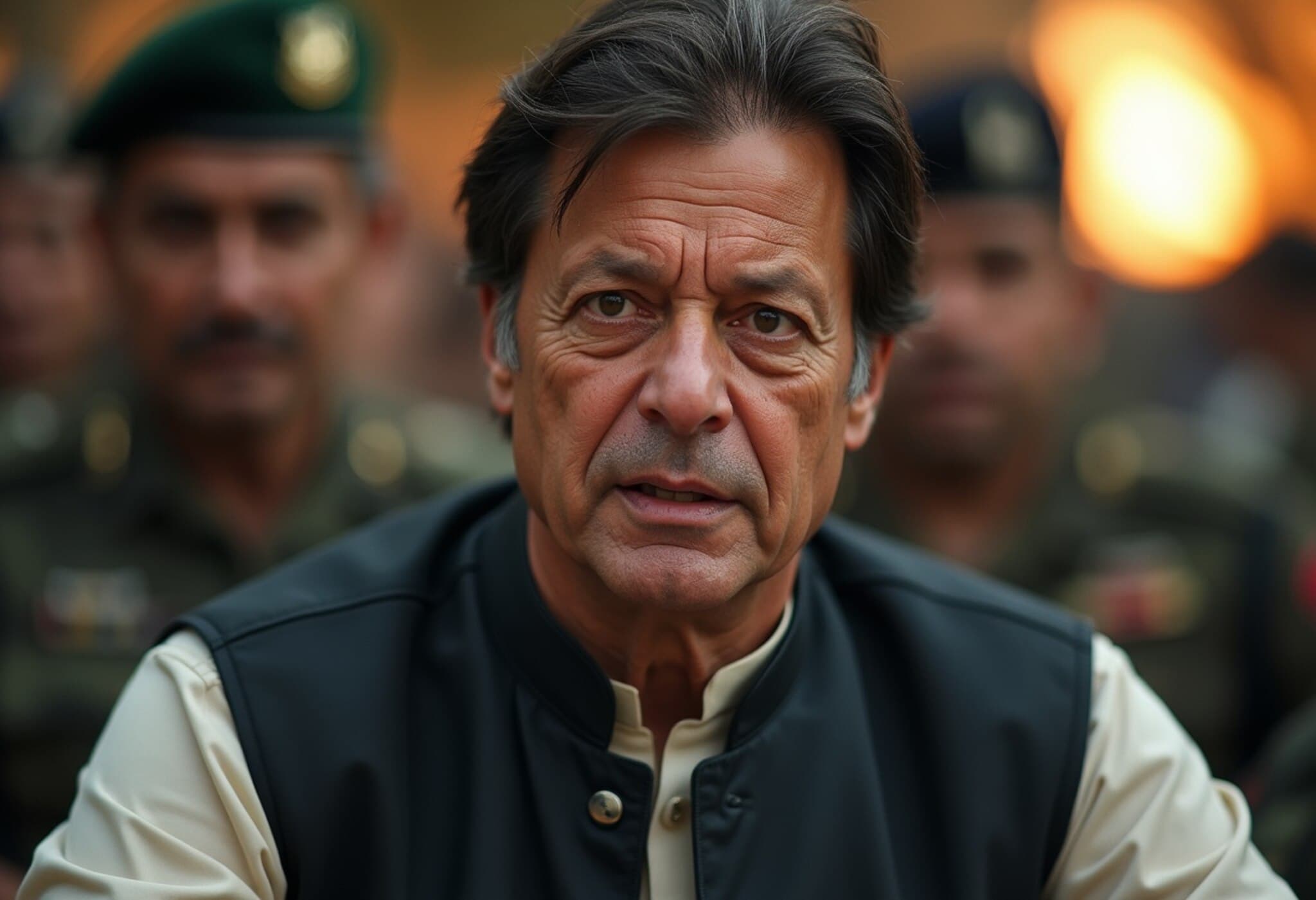Massive Scandal Rocks Thailand's Buddhist Monastic Community
A complex web of seduction, extortion, and financial crime has exposed a deep fissure within Thailand's revered Buddhist establishment. Central to this unfolding drama is Wilawan Emsawat, a 30-year-old woman from Nonthaburi province, accused of manipulating senior monks into illicit relationships and coercing them to hand over millions of baht to keep their secrets safe.
The Seduction and Blackmail Scheme
Investigations reveal that Wilawan ensnared these monks—trusted spiritual leaders bound by vows of celibacy—using romantic deception as a tool for extortion. Police allege she leveraged these secret liaisons to extract staggering sums of money, often siphoned directly from temple accounts. In one sensational instance, she purportedly claimed pregnancy and demanded 7.2 million baht from a prominent abbot, who later renounced monkhood amidst disgrace.
Financial Trail and Digital Evidence
Forensic analysis uncovered that over 385 million baht (exceeding Rs 101 crore) flowed through Wilawan’s bank accounts over the past three years, with significant portions reportedly gambled away on online platforms. Tens of thousands of digital artifacts—ranging from photos and videos to chat logs—paint a damning picture of widespread involvement, triggering fears of further revelations and disrobements within the clergy.
Impact on Thailand's Religious Trust
The scandal has precipitated the expulsion of at least nine senior monks and abbots, an upheaval that threatens to erode public trust in Thailand’s Buddhist institutions. Deputy Commissioner Jaroonkiat Pankaew of the Central Investigation Bureau underscored the gravity, calling Wilawan "dangerous" and highlighting the betrayal not only of individuals but of collective faith placed in religious leadership.
Government and Police Response
In the wake of the scandal, Acting Prime Minister Phumtham Wechayachai has mandated a comprehensive review of monastic regulations and temple financial practices, emphasizing transparency as a cornerstone for restoring credibility. The police have also launched a dedicated platform inviting public reports of unethical behavior by monks, signaling a transformative moment of accountability within Thailand’s Buddhist community.
Broader Reflections and Regional Context
This episode reveals the vulnerabilities inherent in religious institutions worldwide, where spiritual authority can sometimes mask human frailties. In Southeast Asia, where Buddhism intertwines deeply with cultural identity and governance, such breaches resonate beyond scandal—they prompt urgent questions about safeguarding integrity and separating sacred trust from personal failings.
What Lies Ahead?
- Ongoing investigations may unveil more monks involved, reshaping the religious hierarchy.
- Reform efforts could set a precedent for enhanced financial oversight within temples.
- Public engagement platforms by law enforcement may empower communities to demand ethical conduct.
Meanwhile, Wilawan remains silent post-arrest, with uncertainty surrounding her legal representation, leaving many questions about motive and accountability unanswered.
Editor's Note
This scandal transcends mere headlines—it presents a pivotal moment for Thailand and the broader Buddhist world to confront uncomfortable truths about power, trust, and human vulnerability. As reforms take shape, the delicate balance between reverence for tradition and demand for transparency will define the future legitimacy of religious institutions in the digital age. Readers are encouraged to consider: How can societies best protect spiritual communities from exploitation without eroding their sacred roles?



















